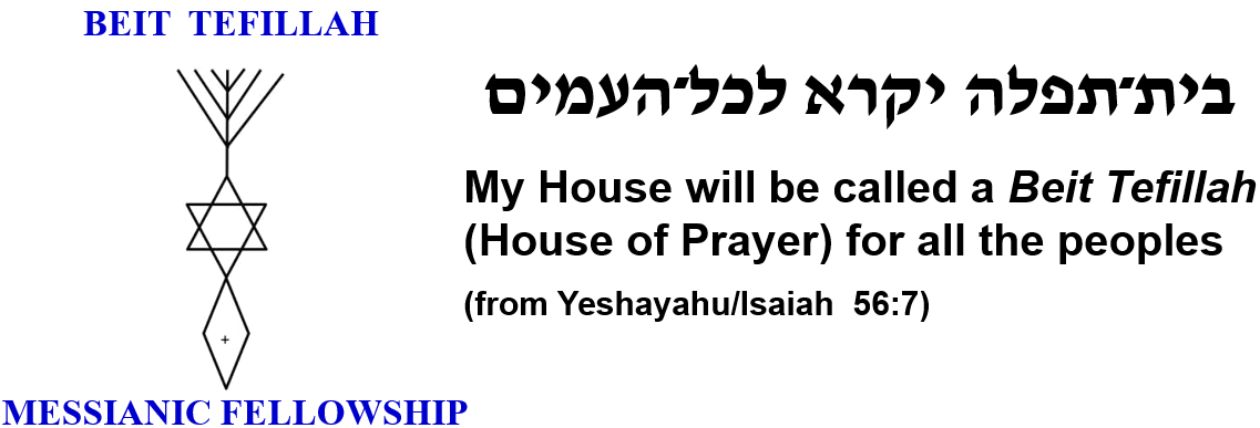Shalom, Torah mishpokah (Torah family)!
We are quickly closing in on the 40 days of teshuvah (repentance) which begins after sunset on this coming Shabbat (8/28/2022) and carries us through to Rosh Hashannah/Yom Teruah. This week’s Torah portion is Re’eh (See, Behold), Devarim/Deuteronomy 11:26 – 16:17. According to tradition, it was on the last day of the 5th month on the Hebrew calendar (this year, corresponding to this coming Shabbat) that Moshe carved, by Elohim’s command, two stone tablets — each a cube measuring 6x6x3 tefachim (a tefach, “handbreadth,” is approximately 3.2 inches) — to replace the two divinely-made tablets, on which the Almighty had inscribed the Ten Words (aka Ten Commandments), which Moshe had smashed upon witnessing Israel’s worship of the Golden Calf..
Starting this coming Shabbat and continuing until Hoshannah Rabbah at the end of Sukkot/Tabernacles, it is traditional to recite Psalm 27 at the end of morning and afternoon prayers. Because of this, Psalm 27 is sometime called “The High Holiday Anthem.” The Psalm begins with “ADONAI is my light.” We should recall that “light” is the overarching theme of the fall holidays. Light illuminates us, but also helps to see our sins and our flaws. However, light also enables us to see the Way out of our sins and our flaws. I encourage each of you to start a new tradition in your own life by reading Psalm 27, aloud if possible, at the end of your morning and afternoon/evening prayer time.
I hope to see you all again soon!
Blessings and Shalom,
Wayne
